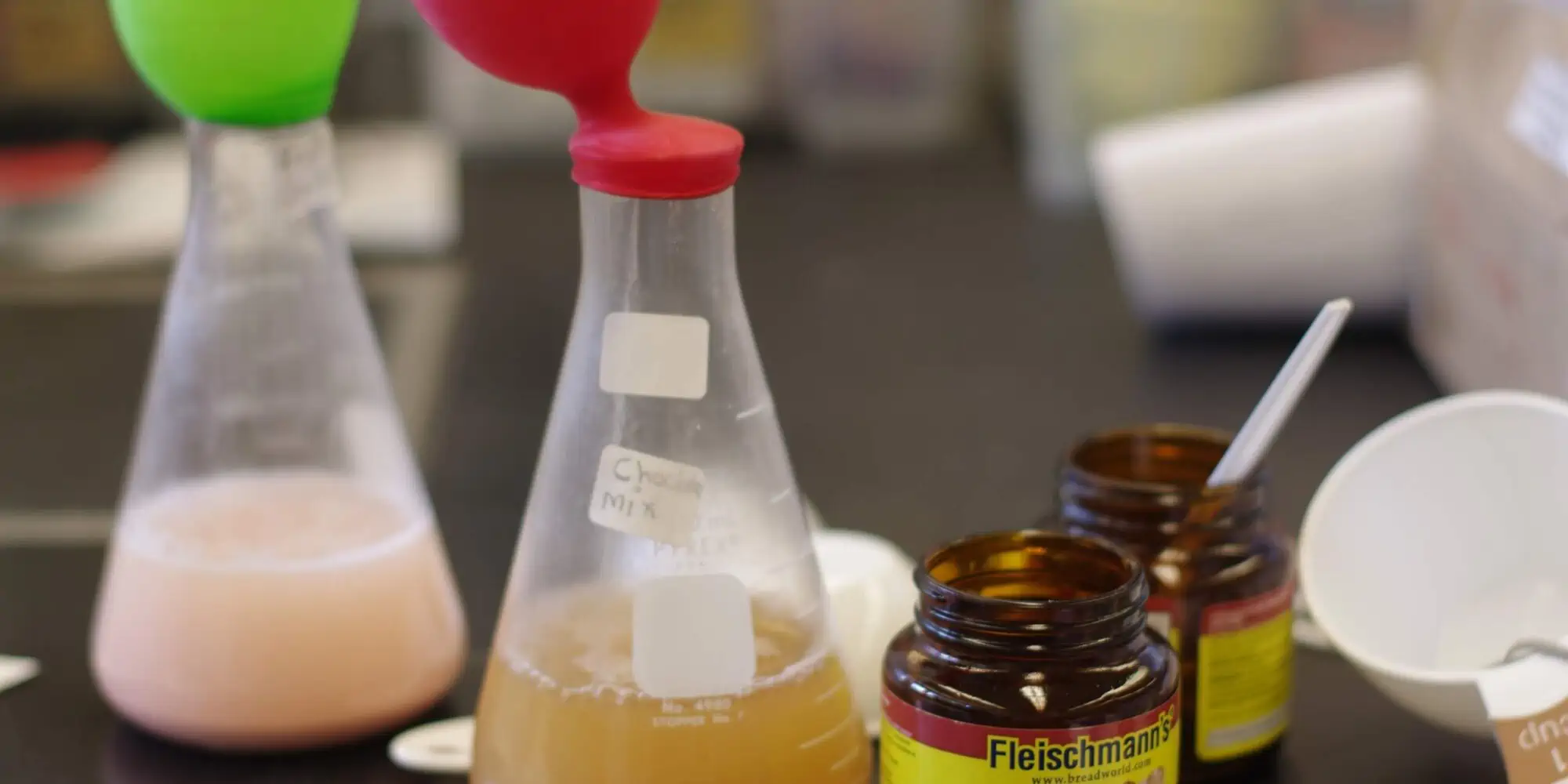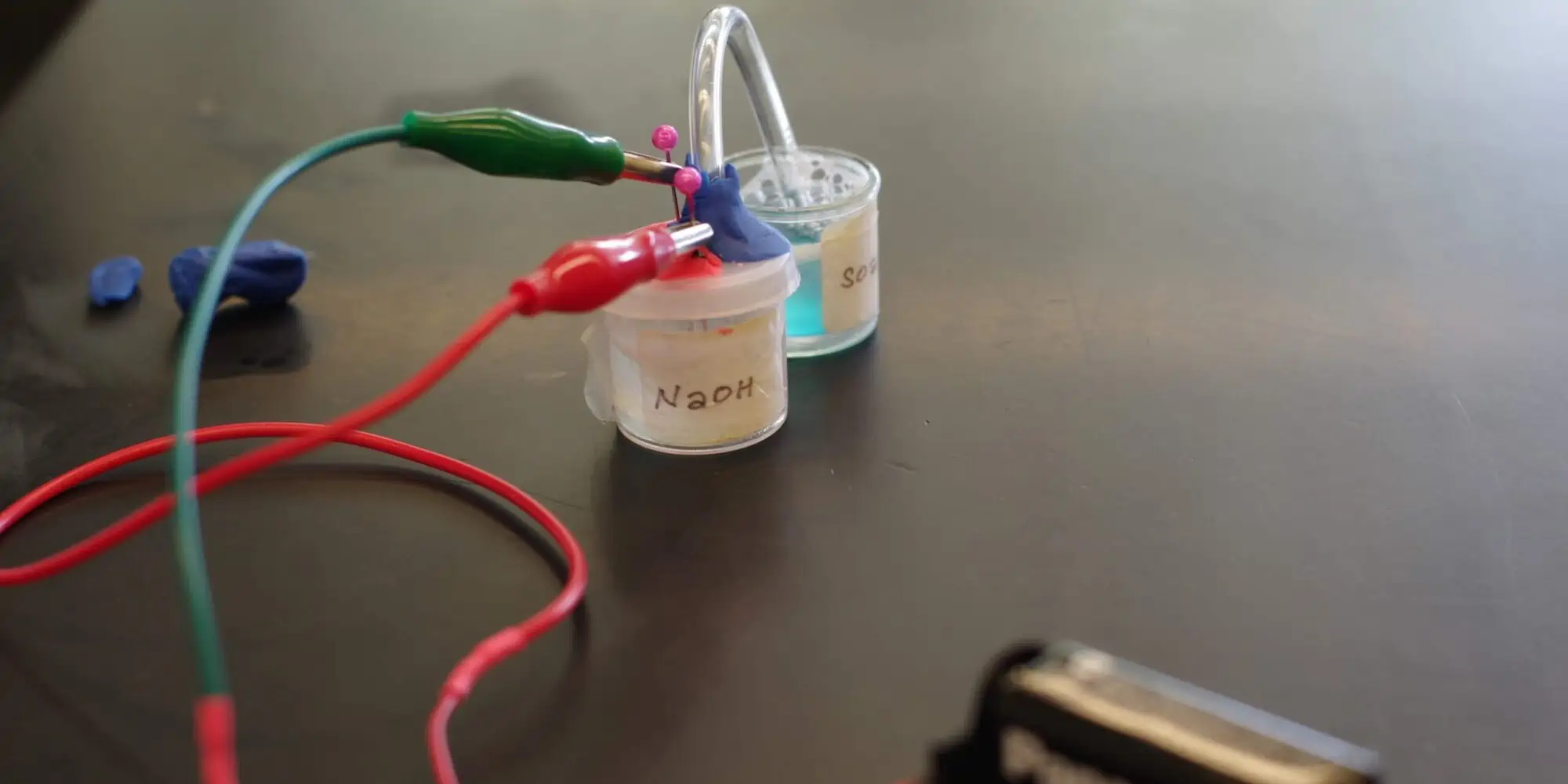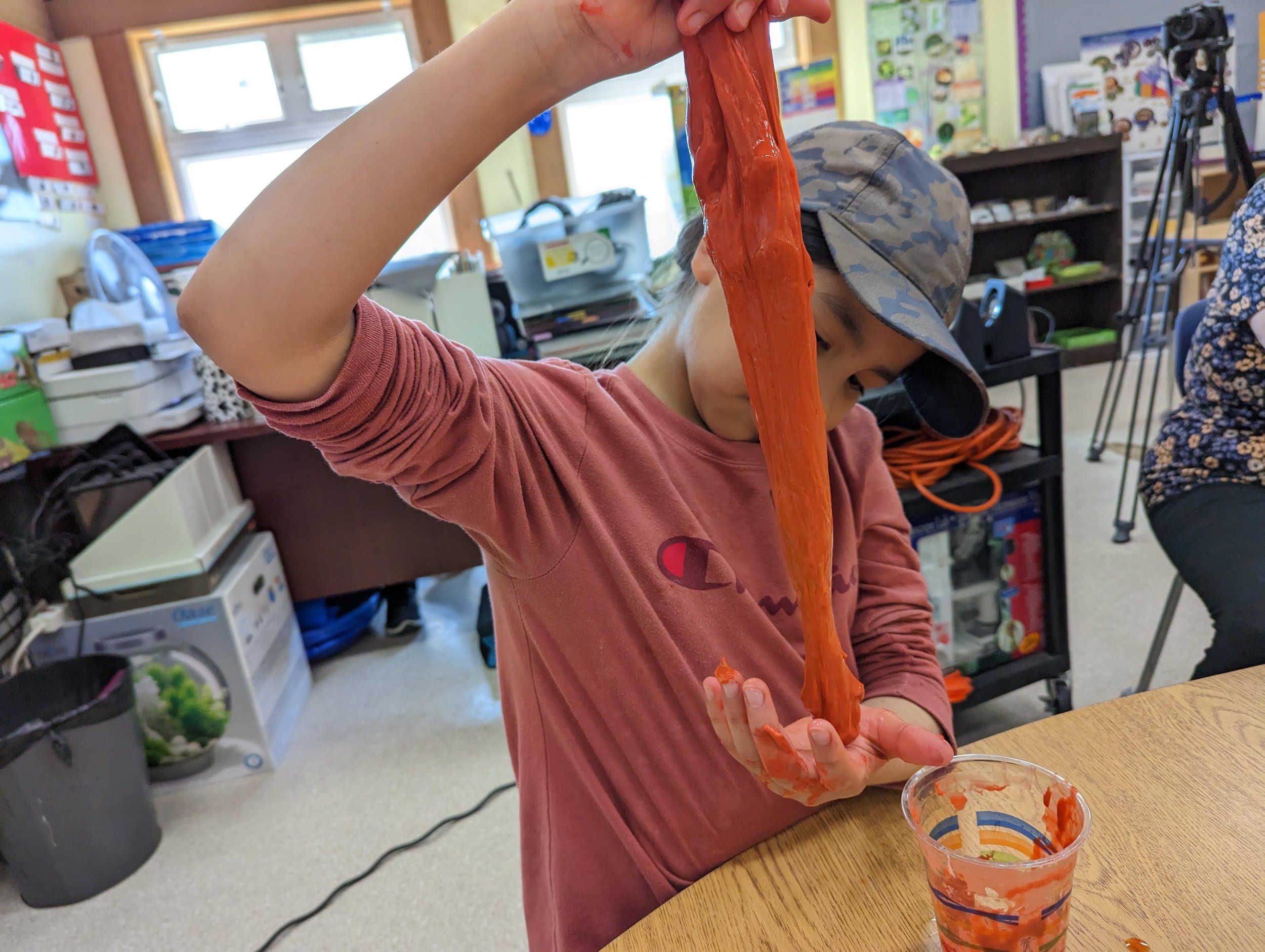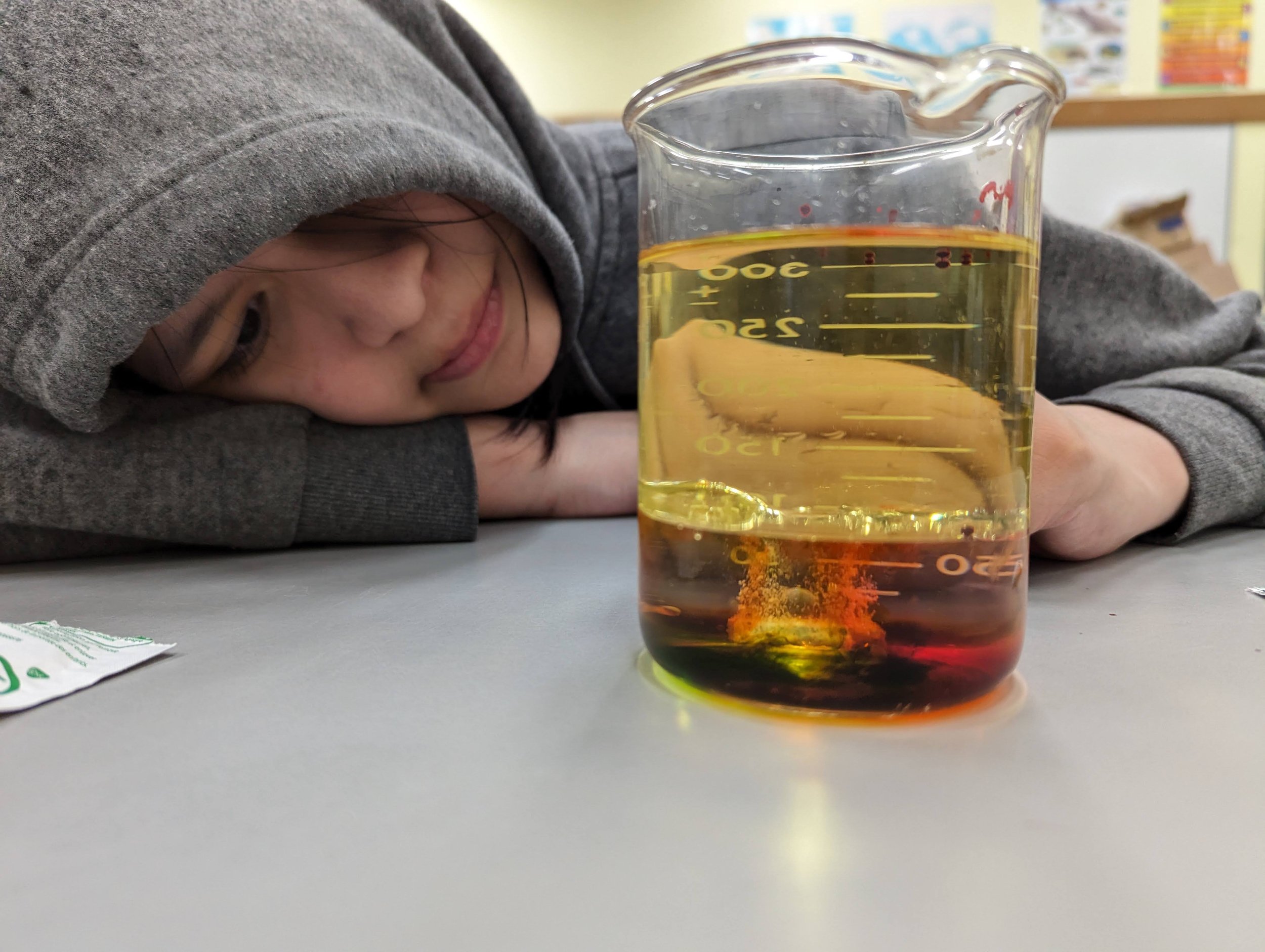STEM Enrichment in Indigenous Communities
At Pueblo Science, our passionate educators collaborate with schools serving a large indigenous student population to deliver engaging, hands-on STEM-based education.
Our mission is to empower Indigenous youth to become future STEM leaders by enhancing their learning experience beyond traditional classroom boundaries.
We work closely with primary and secondary school teachers to identify the most relevant topics and activities for their students. All materials for the activities can be easily found in the communities. Below are some of the topics we’ve offered to communities in Northwest Ontario.
Grade 5:
Activity: Ice Cream Making
Curriculum Relevance: Exploring and Understanding Concepts - demonstrate an understanding of the properties of matter, changes of state, and physical and chemical change
Activity: Playdough Structures
Curriculum Relevance: Describe forces resulting from natural phenomena that can have severe consequences for human-built structures, and identify structural features and materials that can allow such structures to withstand these forces
Activity: Reactions with Vinegar
Curriculum Relevance: Describe chemical changes in matter as changes that result in the formation of different substances, and identify signs that a chemical change has occurred
Activity: Rubberbabd car
Curriculum Relevance: Describe how energy is stored as potential energy and transformed in a given device or system
Grade 4
Activity: Catapult
Curriculum Relevance: Describe how mechanisms transform motion, including how they can change the geometric plane in which the motion occurs and the speed and/or direction of motion
Activity: Fossil Dig
Curriculum-Relevance: Describe how fossils are formed and what information they can provide about Earth’s history
Book A Visit
-
Pueblo Science is an amazing organization that helps deliver innovative science learning opportunities to children all over the world. They completed a 4-week series of lessons with Grade 9 students in Geraldton Ontario. We covered 6 chemistry labs, and 3 lessons on energy and electricity. The final task was the construction of a robotic car which they designed, packaged, and mailed to our remote location. Their team of expert volunteer Scientists work with you every step of the way to create an authentic learning experience. The instructors are calm, personable, and insightful to help the students connect with the ``Big Idea`` as it is linked to the Ontario Curriculum, and the students get to spend real time with experts in that scientific field. I would highly recommend this program to anyone who wants to take a risk on something new and try an extremely rewarding program!
Blair Vanden Broek
Science Teacher, Geraldton Composite High School -
Teaching and learning with Pueblo Science has been an enriching, collaborative experience. Mayrose and Cher-Tian inspired curiosity and discovery among my students by sharing their contagious passion for science. I observed that by the end of the lesson my students had learned scientific vocabulary and concepts, as well as a newly found love for science. The lesson content was aligned with our grade level curriculum expectations. Coming from a remote rural community, it was a profound experience to meet and learn with scientists and teachers from all over the world. My students enjoyed making the magnetic slime the most and are looking forward to doing more STEM activities next year!
Mackenzie Cox
Science Teacher, Webequie First Nations
FAQs
-
We create a curriculum with you to align with your lessons.
-
We do classroom visits, afterschool programs, weekend programs, and summer camps.
-
We teach K-12.
-
We offer both in-person and online programs.
-
Each session is typically 1 hour, but we will accommodate your needs.
-
The number of sessions depends on your needs. For example, we can do weekly engagements.
If you have any other questions, please contact us at info@puebloscience.org!
Our Partners
We acknowledge the support of the Natural Sciences and Engineering Research Council of Canada (NSERC).
Nous remercions le Conseil de recherches en sciences naturelles et en génie du Canada (CRSNG) de son soutien.























